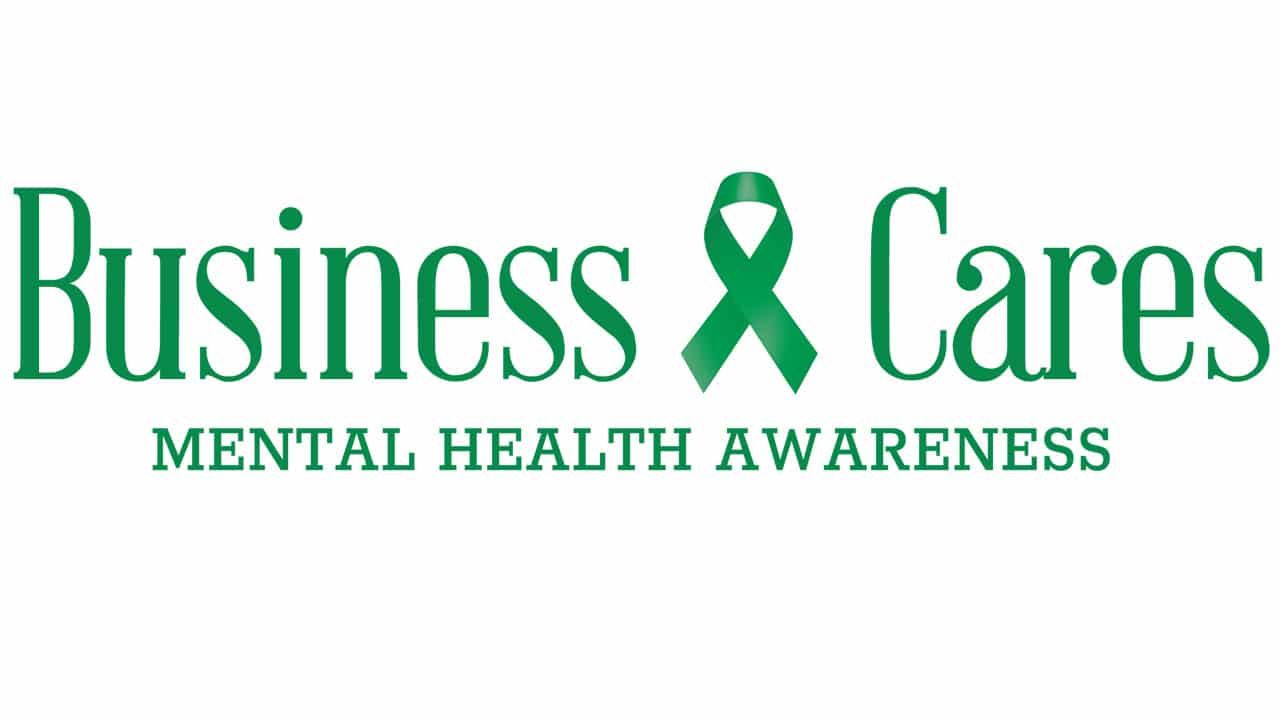UCHealth study found higher rates of cannabis-related emergency department visits
AURORA — There was a three-fold increase in cannabis-associated emergency department visits at the UCHealth University of Colorado Hospital on the Anschutz Medical Campus from 2012 to 2016, following the legalization of cannabis.
That data is according to a new analysis by University of Colorado School of Medicine researchers. The observational study has been published in the Annals of Internal Medicine.
The study looked at health records for 9,973 patients who went to the emergency department. It described and compared visits related to edible and inhaled cannabis exposure over the four-year period.
SPONSORED CONTENT
Business Cares: May 2024
As Mental Health Awareness Month unfolds in Colorado, it serves as a reminder of the collective responsibility to prioritize mental well-being.
The study found that there was a higher proportion of Emergency Department visits related to edible exposure than inhaled cannabis. About 10.7 percent of cannabis-related ED visits were attributed to edible cannabis. However, only 0.32 percent of total cannabis sales, when measured in kilograms of THC, were for edible products. That meant that when compared to inhaled cannabis, the observed proportion of edible-related ED visits were 33 times higher than expected. Psychiatric ED visits were also more common following edible exposure than inhaled cannabis exposure.
However, the rate of hospitalization after an ED visit was higher among those who inhaled cannabis than for edible cannabis. Inhaled cannabis-related hospitalizations accounted for about 33 percent of all cannabis-related visits, while edibles accounted for about 19 percent. This was likely due to a higher rate of hospital admission for patients with cannabinoid hyperemesis syndrome, a cyclic vomiting condition associated with heavy cannabis use.
“This research suggests that the slower rate of absorption when consuming edible cannabis makes it harder for users to titrate their desired drug effect. Thus, some users over-consume edible cannabis products, resulting in adverse effects,” Andrew A. Monte, lead clinical researcher and associate professor of emergency medicine at the CU School of Medicine, said in a prepared statement.
Monte encouraged cannabis users to be conscious of how much they are consuming.
“We urge consumers to use cannabis in moderation, use low doses if unfamiliar with a product and avoid riskier behaviors such as driving after using cannabis,” he said. “UCHealth is dedicated to putting patients first, and this research is critical to continuing the larger conversation among health care providers across the nation about the potential side effects of cannabis use.”
AURORA — There was a three-fold increase in cannabis-associated emergency department visits at the UCHealth University of Colorado Hospital on the Anschutz Medical Campus from 2012 to 2016, following the legalization of cannabis.
That data is according to a new analysis by University of Colorado School of Medicine researchers. The observational study has been published in the Annals of Internal Medicine.
The study looked at health records for 9,973 patients who went to the emergency department. It described and compared visits related to edible and inhaled cannabis exposure over the four-year period.
The…
THIS ARTICLE IS FOR SUBSCRIBERS ONLY
Continue reading for less than $3 per week!
Get a month of award-winning local business news, trends and insights
Access award-winning content today!


